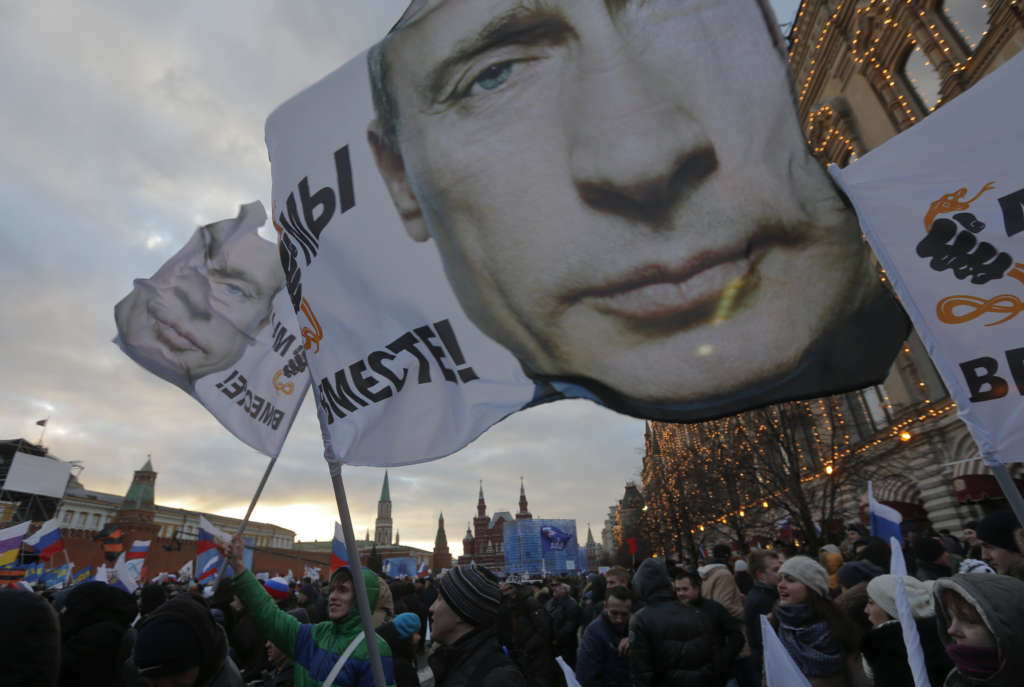Closed negotiations held between Syrian rebels and Russians have recently been made public, especially concerning discussions on Aleppo’s siege.
The Syrian opposition has relentlessly fought to oust regime authoritarian Bashar Al-Assad, a close ally to Russia.
Not only that, Russian intermediation has been handed over the OPEC production cut agreement, as U.S. President-elect Donald Trump also publicly reiterated his great agreement concerning the Syria crisis with Russia’s ‘strong leader,’ a label Trump often uses to refer to Russia’s Vladimir Putin.
Cairo has also been seeking a greater alliance with Russia, seizing a given opportunity to change around the long-registered disregard for Cairo by the West.
Iranians, unenthusiastically and cautiously, strike mutual interest alliances with Russia. A few days ago Libya’s military Marshal Khalifa Haftar flew to Moscow, in hopes of receiving military aid from the federation.
Connecting the dots, a question on Russia’s instatement as regional cop surfaces. Can Moscow truly realize a balance and manage to fill the gaps left behind by President Barack Obama’s policies?
Obama’s strategies based, on leading from behind, viewed harmful reluctance for the region—added to his hasty pullout from Iraq, which left the country in chaos. More so, Obama’s stances, especially his endorsement of the Iran nuclear deal has unnecessarily added to Iran’s arrogant behavior, a country that until this very day is considered a terror sponsor state.
If the assumption on the United States taking an inactive regional approach due to the current transition between its presidencies-which believed to extend into the first few months of a Trump presidency’s installation- was true, then why is the U.S. congress still moving towards escalation with Iran, with a majority vote at the Senate pushing for the extension of Iran sanctions for another decade?
The inactiveness during transition shown by the astonishing fact that the U.S. administration, according to the Financial Times, was not brought in on secret negotiations held between the Russian administration and Syrian rebels—based on that many project a U.S. arguable withdrawal from the region, which is then countered by its will to step up sanctions against Iran.
Congress moving towards escalation with Iran is not a mere backlash to an Obama presidency, but also a prop up for a Trump leadership. The defiance and bills brought forward by congress is in preparation for a Trump administration which campaigned under slogans of amending the terms or even rolling back on the nuclear deal.
Intensifying events occurring in Washington are a direct strike to the cleric-led regime in Tehran, a recently acquired ally of Russians. Based on that logic, how would a Russian super power come to effectively control regional regulation given the escalating tensions between Tehran and Washington? A U.S.-Iran breakdown would reshuffle the regional situation.
The current balance shows several support points scattered across the region for a Russian rise to power, however the same strength points would overturn breaking the balance should Iran drag Russia to a vicious opposition with the U.S.
It is not mere wishful thinking, but the deepened reading into facts shows that Russian exceptionalism shines best at playing on the chords of disagreement and not stability and resolution.
‘Logic’ is not a label found in Russian policies in each of Syria, Ukraine, and even Europe.
What Russians do to the region is simply turning it into a ticking bomb, ready to detonate at any given moment, as soon as Washington shows again on the platform, or even reviews the Iran deal.
